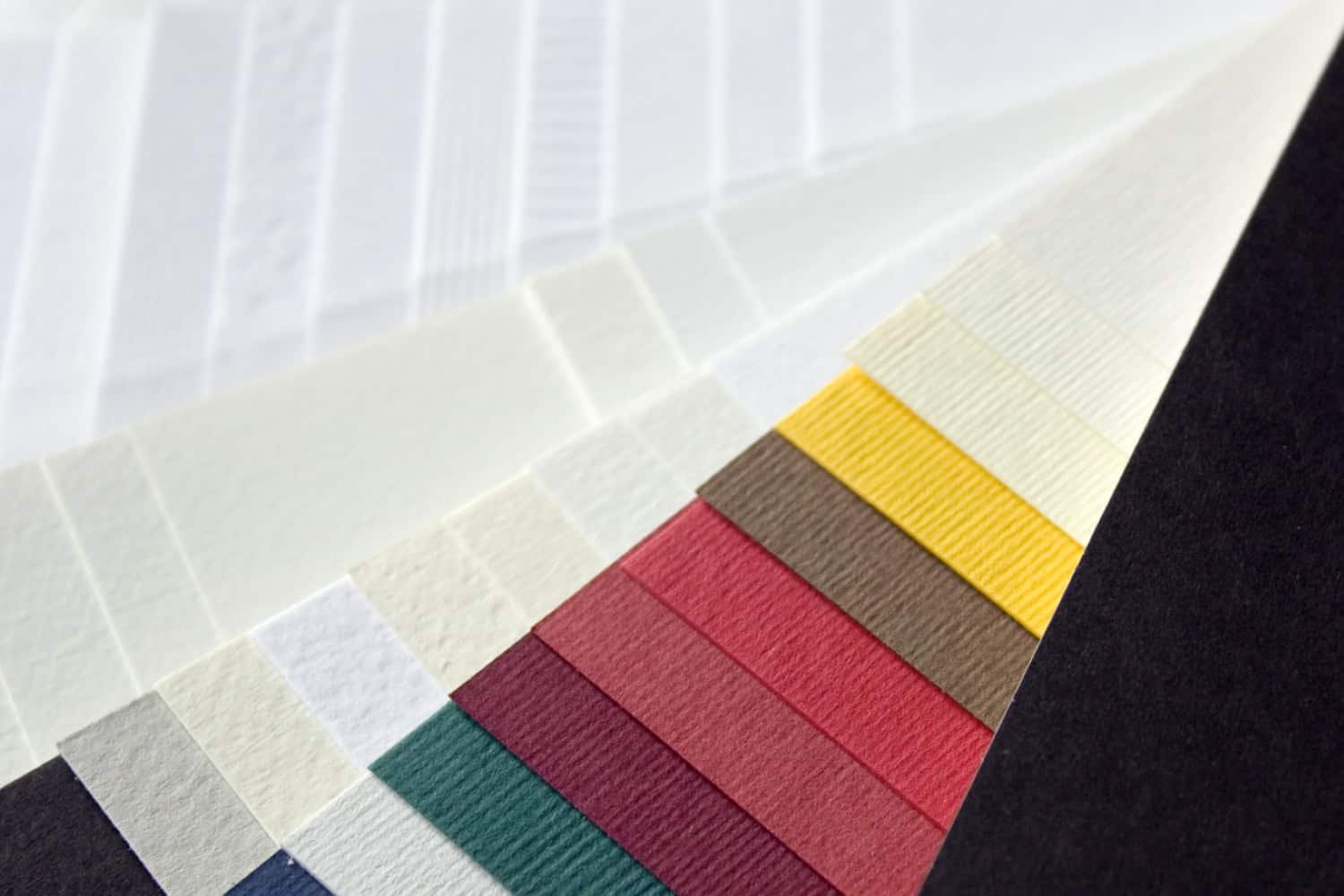Are you looking for the official RA & SRA Paper Series? This post has all the information related to their respective size and dimensions.
Table of Contents
Dimensions Of RA & SRA Series Untrimmed Paper Sizes
The standards for RA and SRA paper formats are defined under ISO 217 Paper Untrimmed Sizes. Moreover, they use untrimmed papers that are raw for the purpose of commercial printing. If we consider the size of RA and SRA, then they are slightly larger than the corresponding A series of paper sizes. This comparatively large size is to allow them to bleed on the printed material so that they can, later on, be trimmed to the desired sizes as and when required.
RA is found to be 105% of the size of the A series. Thus, if A0 is having an area of 1 square meter, then RA0 will have an area of 1.05 square meters. SRA is considered to be 115% of the size of the A series. Here, the complete form of RA is Raw Format A and has a variety of sizes like RA0, RA1, RA2, and RA3, and the complete form of SRA is Supplementary Raw Format A which has size variants like SRA0, SRA1, SRA2, and SRA3.
Here, the variants RA0, RA1, RA2, and SRA0, SRA1, and SRA2 are rounded off to the nearest of a centimeter, and the variants RA3, RA4, SRA3, and SRA4 are rounded off to the nearest of half of a centimeter.
See Also: Ethereum Competitors
Tables Sizes of RA Paper Series
There is a table listed below which defines the untrimmed paper sizes that range from RA0 to RA4. The aspect ratio of the RA series lies in the range of 1:1.414, whereas the aspect ratio of the SRA sheets of paper also lies in the range of 1:1.414.

Table Sizes of SRA Paper Sizes
Here are the variants of sizes that are available in the Supplementary Raw Format A. Now, in order to obtain the values in cm you can divide it by 10.

Expansion of SRA Size Series
However, due to the increased demands and competition in the market, there are more SRA sizes that are becoming popular. The sizes like the SRA1+, SRA2+, and SRA3++ are the most used. These sizes are equipped with an extra width that is more suitable for newer printing machines.

This extra width enables the printer to grab the edge of the paper. So that you can turn it around for double-sided printing, this becomes possible because the printer can mark the paper when it picks it up. These sizes with increased widths are not defined in any International Standards. However, they have emerged to meet the increased demands of the current industries.
FAQs
Why do we require untrimmed paper sizes?
The untrimmed is most typically used for commercial printing to allow for a bleed on printed items that will subsequently be trim to an A series size.
What exactly is SRA paper?
SRA stands for supplementary raw format A' and is bigger than regular A series sizes. As indicated below, regular A3 paper measures 297 x 420 mm, whereas SRA3 paper is 320 x 450 mm. SRA3 is the paper size supported by most commercial digital print printers.
What is the primary application for the SRA series paper?
The ISO paper size standard utilized by printers to create the completed A Series of typical paper sizes is the SRA Series.
What is the function of special paper?
Specialty paper or specialty card stock is simply paper designed or coated for a specific purpose. It is a high-end, fine paper that has use in invitations, stationery, packaging, paper crafts, industrial uses, etc.
What exactly is paper scaling?
Scaling is a term that refers to extending or reducing a picture to fit a specific area, and it is performed by simply adjusting the value of the resolution number when the printer calculates the spacing of the dots on the paper. Nothing else happens except for a change in the size of the printed picture.
What is the significance of the SR paper?
What is the best paper quality?
Rag paper is the best grade and most costly since it comprises 100% linen and cotton fiber. Half-rag paper typically comprises 50% rag fiber and 50% cellulose.
Which sort of paper is the most durable?
The best alkaline paper has a life expectancy of over 1,000 years, while ordinary grades have a life expectancy of 500 years. Aside from the preservation benefits it provides to the publications and papers printed on it, the production of alkaline paper offers various additional advantages.
Which type of paper is suitable for this project?
Uncoated paper is absorbent and has a non-glare surface. It has no covering for the natural fibers and easily absorbs ink. Uncoated paper can be textured, such as a linen finish, or it can be quite smooth, such as printer or copy paper. The best paper to write on is uncoated paper.


